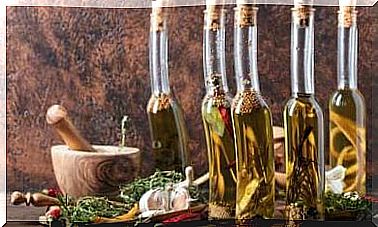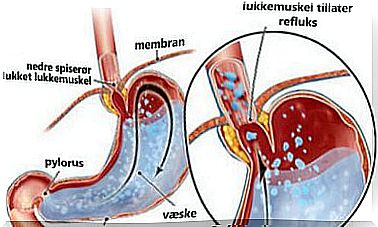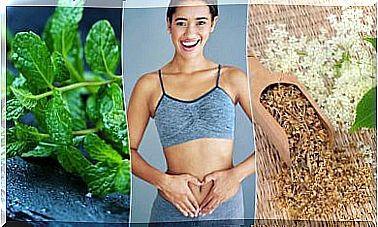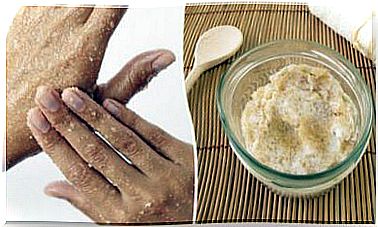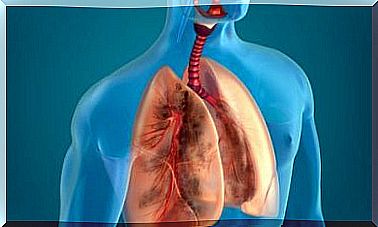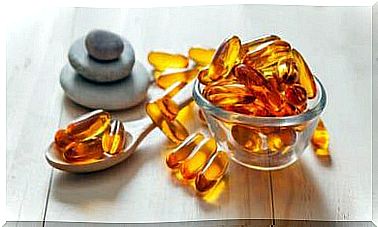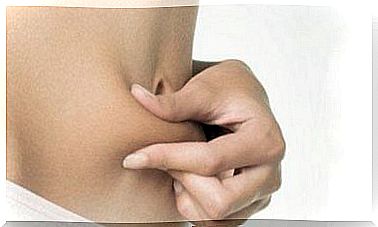Foods And Medicines We Should Never Mix
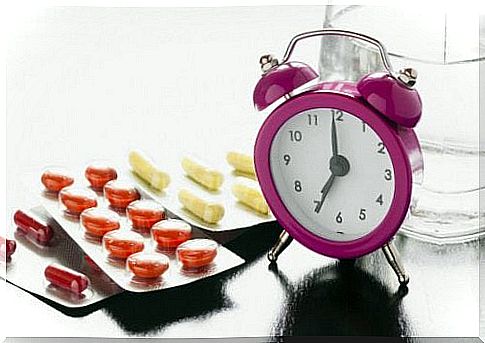
Many people do not know that there are a variety of foods and medications we should never mix.
The causes are different in each case, but the main effect is the same: the combination can be harmful to your heart.
In addition, there are certain rules for taking medications that go beyond dosage. These rules also apply to the diet when we take medication.
Foods and medicines that should not be combined
Bronchodilators
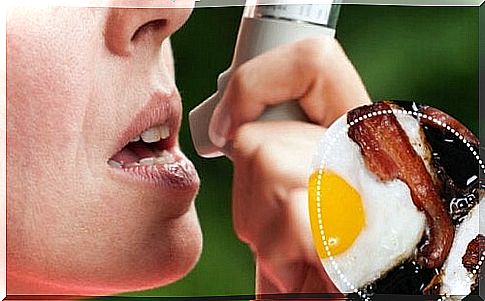
Patients with asthma, bronchitis and other lung-related diseases use this type of medication. If you are taking this type of medication, you should also know that it is best to limit your consumption of beverages and foods that contain caffeine.
Here’s why:
- These medicines have a stimulating effect on the nervous system. To avoid excessive nervousness during treatment, you should limit your consumption of caffeine.
- Above all, one must be careful with theophylline, because caffeine increases the toxicity of this substance.
- You should also avoid fatty foods, as it increases the bioavailability of theophylline.
Medication to reduce blood pressure
Medicines that lower blood pressure are suitable for curing and preventing heart and kidney disease. This includes drugs such as captopril, enalapril and ramipril. You should avoid mixing these substances with foods rich in potassium.
Here’s why:
Medications of this type increase the amount of potassium in the blood. An excess of potassium can lead to irregular heartbeats and shortness of breath.
It is therefore best to limit the consumption of:
- bananas
- potatoes
- soya
- spinach
Antiarrhythmics
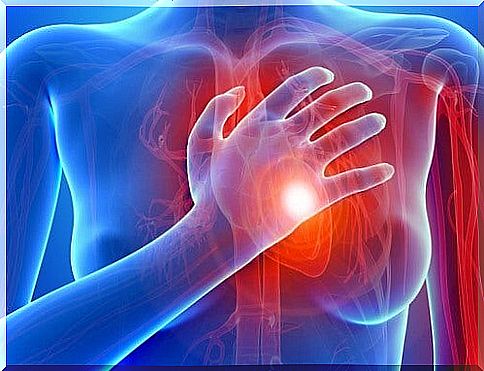
Antiarrhythmics are a number of medications (such as digoxin) that are used to cure and prevent heart failure.
The problem arises if you eat a variety of products that are rich in glycyrrhizinic acid, such as licorice, for example. This substance is found in sweets and pastries, as well as in the constituents of beer.
Here’s why:
- This compound can cause the heartbeat to become irregular or even a heart attack when it comes in contact with digoxin.
- In turn , dietary fiber also reduces the effectiveness of this substance. Therefore, you should only consume it 2 hours before or after eating.
- Also some herbs, such as St. John’s wort and Sennes, affecting the effectiveness of digoxin.
Medications to reduce “bad” cholesterol (LDL)
Obese people or those suffering from diabetes and cardiovascular disease use this type of medication. Some examples of this type of medication are atorvastatin, fluvastatin, lovastatin, simvastatin, rosuvastatin and pravastatin.
You should not mix this medicine with citrus fruits.
Here’s why:
Citrus fruits significantly increase drug absorption, which increases the likelihood of an overdose and the occurrence of side effects. The effect of a single tablet combined with orange juice is similar to that of a higher dose ingested with natural water.
Anticoagulants
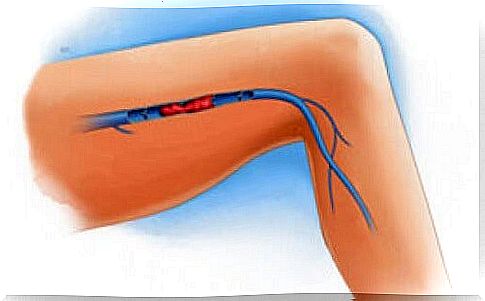
Anticoagulants are used to cure and prevent thrombosis. Among them is warfarin. This type of medication should not be consumed with foods that thin the blood and are rich in vitamin K.
Here’s why:
When taking this type of medication, you should limit your intake of blueberries, garlic, ginger and some spices (cayenne, cinnamon, turmeric, for example). These foods are anticoagulants and can cause bleeding by enhancing the effects of warfarin. On the other hand, vitamin K reduces the effectiveness of this drug. It is present in large quantities in spinach, turnip, cabbage and broccoli.
Analgesics
Analgesics are used to treat swelling and headaches. An example of this type of medication that everyone knows about is ibuprofen. You should avoid taking it if you have drunk soda.
Here’s why:
Ibuprofen is incompatible with sweet soda, as the carbon dioxide and acid present in it increase the absorption and concentration of this drug in the blood.
In this case, it is impossible to control the dose. Therefore, this can cause the risk of producing a toxic effect which mainly affects the kidneys.
So then you know which foods and medicines you should not combine, remember to read the package insert of the medicines you take carefully.
